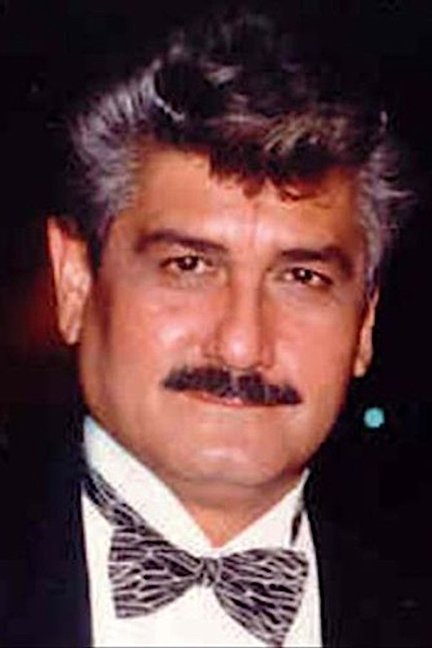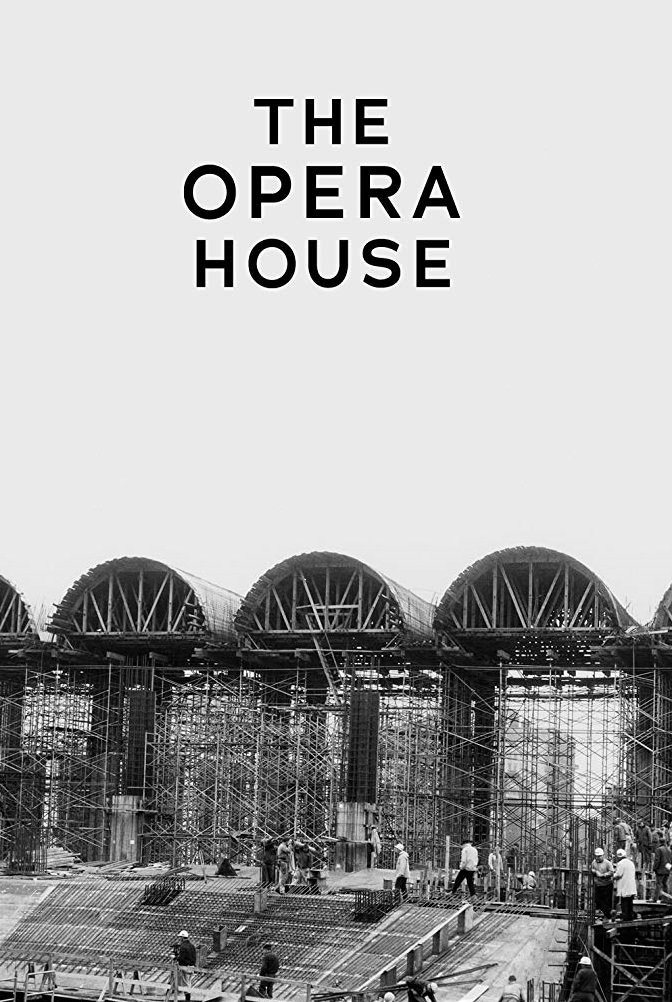

Justino Díaz (born January 29, 1940) is a Puerto Rican operatic bass-baritone. In 1963, Díaz won an annual contest held at the Metropolitan Opera of New York, becoming the first Puerto Rican to obtain such an honor and as a consequence, made his Metropolitan debut in October 1963 in Verdi's Rigoletto as Monterone. Díaz was born in San Juan, Puerto Rico, the capital of the island, but lived and was raised in the town of Cataño. He attended Robinson Elementary School where, at the age of 8, he started to participate in the school's activities as a singer. In his first school play, when he was 10 years old, he sang the song "Old Black Joe", which became his favorite. After finishing his primary education, Díaz attended the University of Puerto Rico High School in Río Piedras. While in high school, he took singing classes and participated in various presentations around the island. Díaz joined the choir of the University of Puerto Rico, under the direction of Augusto Rodríguez, where he sang solo. His operatic debut was in 1957 as Ben in Gian Carlo Menotti's The Telephone, or L'Amour à trois. It wasn't long before Díaz enrolled in New England Conservatory in Massachusetts. One of his professors was Boris Goldovsky, who would be very influential in his career. Díaz made his professional debut as an opera singer at the Opera Theater of New England. In 1960, Goldovsky asked Díaz to join his opera company on a 20-state tour. After the tour, he entered and participated in a competition celebrated at the Metropolitan Opera House, winning third place in the New England region. Díaz moved to New York upon finishing his studies at the conservatory. Goldovsky recommended that he be represented by Hans J. Hoffman, a talent agent. Soon, Díaz was singing alongside other artists at the American Opera Society. He also sang with the Rochester Philharmonic Orchestra and the Boston Symphony Orchestra. On March 29, 1963, Díaz won the Metropolitan Opera National Council Auditions, becoming the "first" Puerto Rican to obtain such an honor. As a consequence, Díaz made his Metropolitan debut in October 1963 in Verdi's Rigoletto as Monterone. He went on to sing 400 performances in 28 roles at the Metropolitan Opera, his final appearance there being Baron Scarpia in Tosca, in 1994. Among the opera houses in which Díaz has performed are: Paris Opera, The Vienna Staatsoper; the Opera House of Salzburg; the Opera of Spoleto; the Opera of Rome; The Royal Opera House in Covent Garden; the Teatro Colón in Buenos Aires; the Zarzuela Theater of Madrid, Barcelona's Gran Teatre del Liceu and others. In 1966 he helped to inaugurate the Lincoln Center in New York City by starring opposite Leontyne Price in the opening night performance of Antony and Cleopatra by Samuel Barber. The bass-baritone was seen at La Scala in two operas of Rossini, L'assedio di Corinto (with Beverly Sills and Marilyn Horne, 1969) and La pietra del paragone (at the Piccola Scala Arturo Toscanini, 1983 and 1983). He first appeared at the New York City Opera in Ginastera's dodecaphonic Beatrix Cenci, opposite Arlene Saunders, in 1973. ... Source: Article "Justino Díaz" from Wikipedia in English, licensed under CC-BY-SA 3.0.

In this documentary, award-winning filmmaker Susan Froemke explores the creation...
Documentary on the life and accomplishments of the members of...
Through interviews with friends, family, and colleagues, the documentary relates...